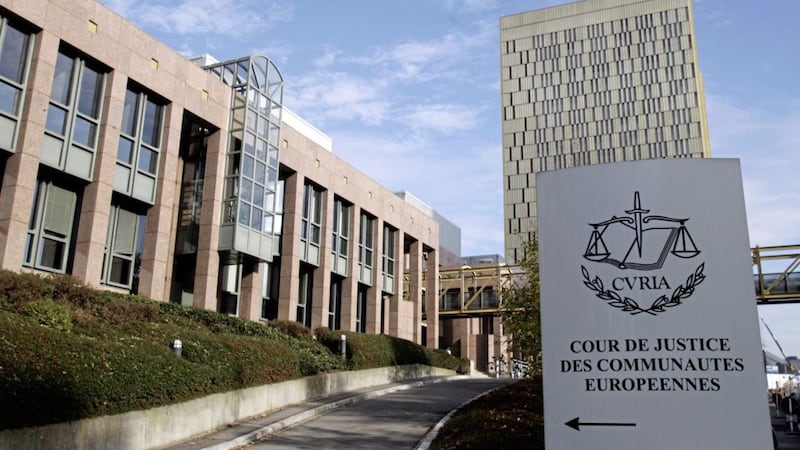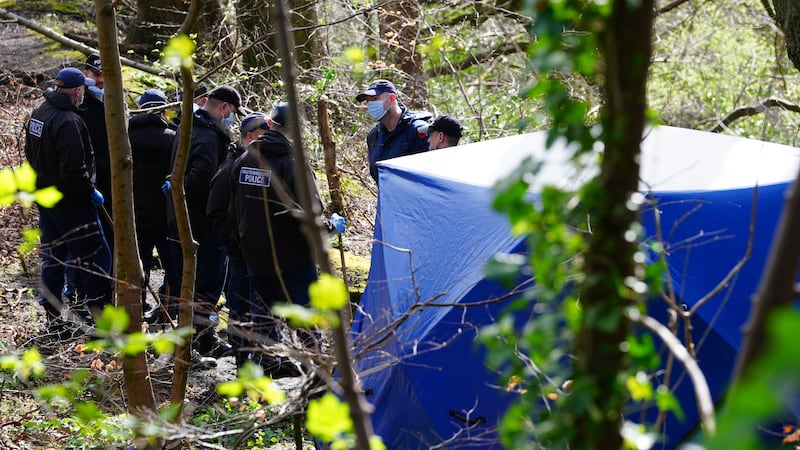Agreement to allow the British government to move on to phase two of the process to exit the European Union, gives little in the way of detail as to what will happen to justice structures, including the European Arrest Warrant (EAW).
The deal does state "both Parties have agreed that the Court of Justice of the European Union (CJEU) should remain competent for UK judicial procedures registered at the CJEU on the date of withdrawal, and that those procedures should continue through to a binding judgment".
However, what happens after that date has yet to be finalised, currently the CJEU is essential for the implementation of the European Arrest Warrant.
Any EU member state may use the EAW to seek the extradition of a person to stand trial, face sentencing after conviction, or serve a sentence already handed down by a court in that country.
Figures issued by the National Crime Agency show that 6514 people were surrendered by the UK to other EU countries between 2009 and 2016.
In Northern Ireland around 80 percent of EAW applications were made to the Republic with the other 20 percent to other member states.
The PSNI has stressed that continued cross-border cooperation is key to combating organised crime and paramilitary activity, and while Brexit should not adversely impact day to day cooperation with An Garda Síochána, it would provide a challenge to pursuing wanted individuals who cross into either jurisdiction.
Among the people currently facing extradition from the Republic on a European Arrest Warrant is Raymond O'Neill, wanted to stand trial in Northern Ireland for the murder of west Belfast mother-of-three Jennifer Dornan in August 2015.
Extradition proceedings are also under way in the case of Damien McLaughlin from Co Tyrone, currently awaiting trial for aiding and abetting the murder of prison officer David Black in November 2012, he skipped bail last December and fled to the Republic.
If the UK fails to secure new extradition arrangements with the EU during phase two of the negotiations, the 'default' outcome would be to revert to the 1957 Council of Europe Convention on Extradition.








